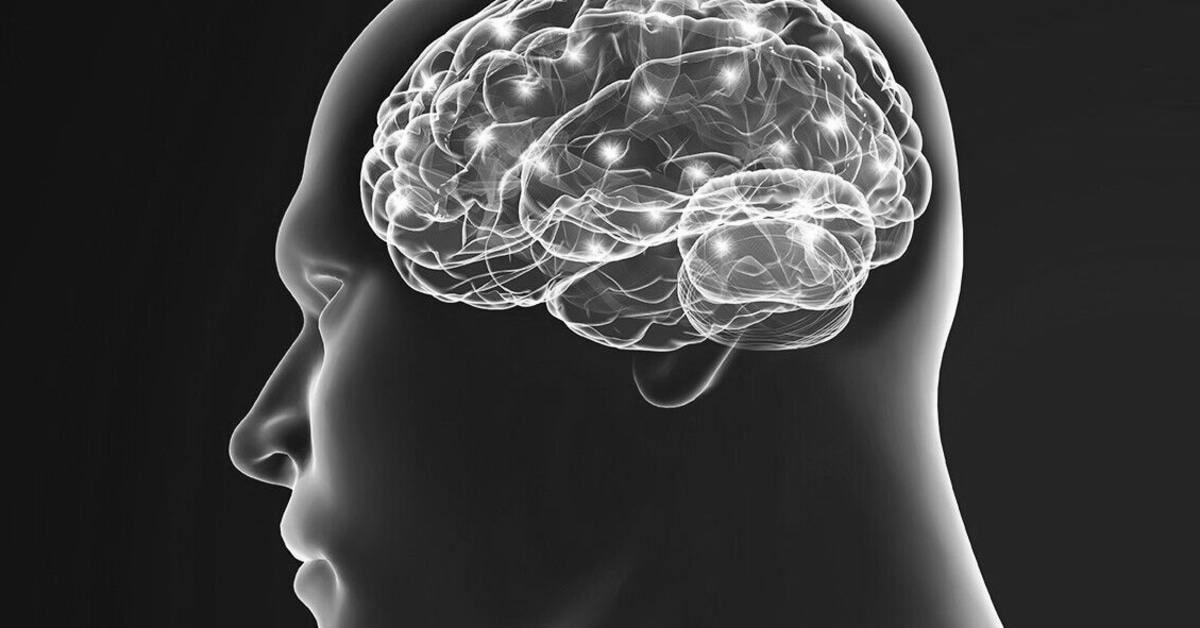
Neurodegenerative diseases are a group of debilitating disorders that affect the nervous system and progressively worsen over time. These conditions, which include Alzheimer’s, Parkinson’s, Huntington’s, and ALS, not only impact the individuals diagnosed but also their families and caregivers. The symptoms and progression of these disorders can greatly vary, making it difficult for patients to receive a timely and accurate diagnosis. In this article, we will delve into the details of neurodegenerative diseases, specifically focusing on Alzheimer’s disease, to gain a better understanding of their symptoms and progression.
Despite the wide range of neurodegenerative diseases, they all share one common characteristic – the gradual loss of nerve cells in the brain. This cell loss leads to a decline in cognitive and physical functioning, ultimately resulting in a loss of independence and quality of life. While the exact cause of neurodegenerative diseases is still not fully understood, researchers believe that a combination of genetic, environmental, and lifestyle factors may contribute to their development.
In this article, we will explore the various symptoms that individuals with neurodegenerative diseases may experience. From memory loss and confusion to tremors and muscle weakness, these symptoms can significantly impact an individual’s daily life. We will also discuss the progression of these diseases and how they can worsen over time, leading to significant challenges for both patients and their loved ones.
By gaining a deeper understanding of neurodegenerative diseases and their symptoms and progression, we hope to raise awareness and promote early detection and treatment. Whether you or a loved one has been diagnosed with Alzheimer’s disease or are simply interested in learning more about these conditions, this article is sure to provide valuable insights.
First, let’s define what neurodegenerative diseases are. These are conditions that result in the degeneration of nerve cells in the brain. This degeneration leads to a decline in brain function and can cause various symptoms, depending on the specific disease.
Some of the most common neurodegenerative diseases include Alzheimer’s disease, Parkinson’s disease, Huntington’s disease, and amyotrophic lateral sclerosis (ALS). The symptoms and progression of each of these disorders may vary, but they all have a significant impact on brain health.
For example, Alzheimer’s disease is known for causing memory loss and cognitive decline, while Parkinson’s disease can result in tremors, stiffness, and difficulty with movement.
Neurodegenerative diseases are complex and can be challenging to manage. They often have a gradual onset and progressive nature, meaning that symptoms worsen over time. This progression can be difficult for both the individual experiencing the disease and their loved ones.
In the case of Alzheimer’s disease, early symptoms may include forgetfulness, confusion, and difficulty completing familiar tasks. As the disease progresses, individuals may experience severe memory loss, disorientation, and changes in behavior and mood.
Parkinson’s disease, on the other hand, typically starts with mild symptoms such as tremors and stiffness. As the disease advances, individuals may experience difficulty with balance and coordination, trouble speaking and swallowing, and cognitive impairment.
Huntington’s disease is a hereditary disorder that causes a breakdown of nerve cells in the brain. It can lead to a wide range of physical and cognitive symptoms, including involuntary movements, difficulty walking or speaking, and changes in mood and behavior.
ALS, also known as Lou Gehrig’s disease, is a progressive neurodegenerative disorder that affects nerve cells in the brain and spinal cord. It can cause muscle weakness, difficulty with movement and speech, and eventually lead to paralysis and respiratory failure.
While the symptoms and progression of these neurodegenerative diseases may differ, they all have a significant impact on an individual’s quality of life. As such, it is crucial to understand these conditions and their potential treatments.
In this article, we have covered the basics of neurodegenerative diseases, including their symptoms and progression. If you or a loved one is experiencing any of these symptoms or has been diagnosed with a neurodegenerative disease, seek medical attention and support from healthcare professionals. There are also various resources and support groups available to help you navigate this challenging journey.
Remember, you are not alone in this fight against neurodegenerative diseases. With proper care and support, it is possible to manage the symptoms and improve overall well-being.
Symptoms of Neurodegenerative Diseases
To understand how these conditions affect the brain, let’s take a closer look at their symptoms.
Potential Treatments and Prevention Methods
While there is no cure for neurodegenerative diseases, there are treatments and lifestyle changes that can help slow down their progression and improve quality of life. We will discuss these in more detail later in the article.
Progression of Neurodegenerative Diseases
Neurodegenerative diseases are progressive, meaning they get worse over time. It’s essential to understand how these conditions progress to better manage their effects on the brain.
One of the key characteristics of neurodegenerative diseases is their gradual progression. Unlike other diseases that may have sudden onset or acute symptoms, neurodegenerative diseases develop over a period of time and worsen as the disease progresses. This can make them difficult to diagnose in the early stages, as symptoms may be subtle and easily overlooked.
As neurodegenerative diseases progress, they can lead to significant changes in the brain, affecting cognitive function, movement, and other bodily functions. This can have a significant impact on an individual’s quality of life and ability to perform daily tasks.
It’s important for individuals and their loved ones to understand the progression of neurodegenerative diseases so they can better prepare for and manage its effects. This may include seeking early treatment, making lifestyle changes, and seeking support from healthcare professionals and support groups.
In conclusion, neurodegenerative diseases are a group of conditions that can significantly impact brain health. Their symptoms and progression may vary, but they all have a common theme: the degeneration of nerve cells in the brain. While there is no cure for these diseases, with proper management and treatment, individuals can maintain a good quality of life for as long as possible.